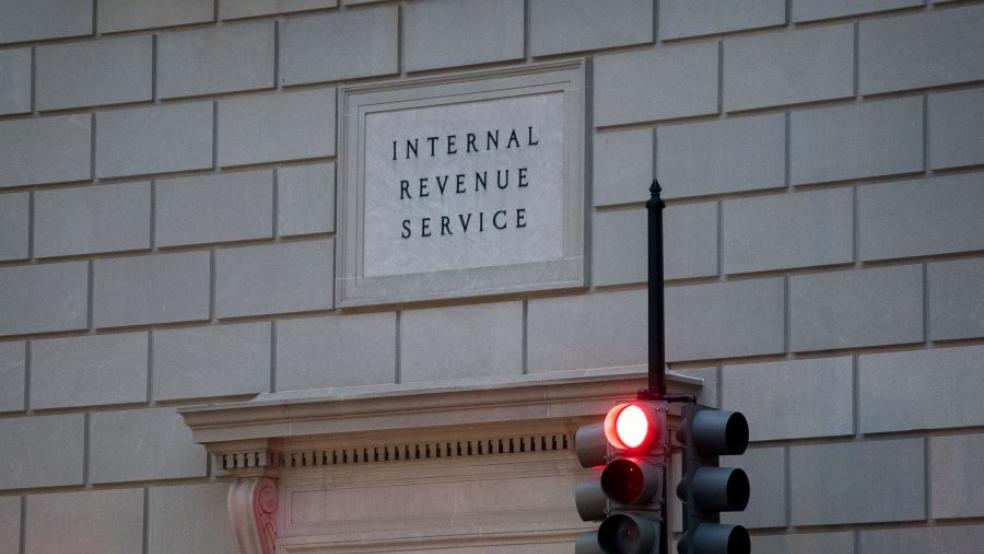The National Taxpayer Advocate on Thursday weighed in on the controversial $80 billion, 10-year funding boost provided to the Internal Revenue Service by Democrats last year, writing that the money would be better directed to help taxpayers rather than ramp up enforcement.
In a blog post, National Taxpayer Advocate Erin M. Collins argues that too little of the additional IRS funding by the Inflation Reduction Act (IRA) went toward taxpayer services and modernizing the agency’s systems. “[T]he additional funding provided by the IRA, while appreciated and welcomed, is disproportionately allocated for enforcement activities and should be reallocated to achieve a better balance with taxpayer service needs and IT modernization,” Collins wrote, arguing that the top tax administration priority should be to improve customer service. “We need to put taxpayers first.”
Of the $80 billion provided by last year’s Inflation Reduction Act, $45.6 billion went for stepped-up enforcement meant to improve tax collection and close the tax gap, or the amount of owed taxes that goes unpaid each year. Another $25.3 billion went to general operational support, while $4.8 billion was allocated to tech systems upgrades and $3.2 billion was dedicated toward service improvements.
The IRS funding infusion has come under attack by Republicans who have focused most of their denunciations on misleading warnings that the money would pay for an army of 87,000 auditors who will target average taxpayers. Some in the party have also criticized the balance of funding provided for customer service improvements.
Collins argues that service improvements would improve tax collections, calling it a “no-brainer” that the agency’s biggest areas of need are service and technology.
“I don’t mean to downplay the IRS’s important role in enforcing the tax laws that Congress has written. Enforcement is an essential IRS function and an important component of tax compliance when applied fairly and equitably,” she writes. “But enforcement is just one component of an effective compliance strategy. The most efficient way to improve compliance is by encouraging and helping taxpayers to do the right thing on the front end. That is much cheaper and more effective than trying to audit our way out of the tax gap one taxpayer at a time on the back end.”
The counterargument: Collins writes that her goal is to ensure that taxpayer needs are met, and she urges Congress to provide greater funding for taxpayer services and IT modernization. But as Tobias Burns writes at The Hill, Democrats directed more than half the new funding for the IRS to enforcement because most of the tax money that goes uncollected each year “is stashed away in individual business income accounts that require well-trained auditors to be able to collect.”
The IRS’s tax gap report last year said that 80% of the projected $540 billion average annual tax gap for 2017 through 2019 was due to underreporting, with 70% of that underreporting done by individuals. Another 12% of the gap was the result of underpayments and 8% was due to individuals or businesses simply not filing taxes. A separate 2021 working paper by IRS researchers and economists at the London School of Economics and the University of California found that the top 1% of taxpayers fail to report more than one fifth of their income to the IRS.


